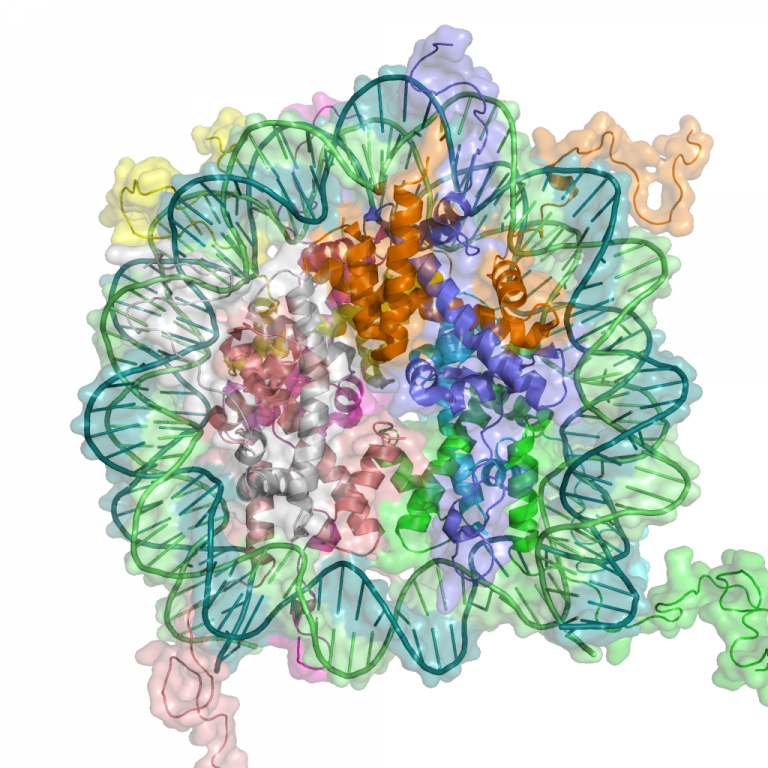Highlights
- •Inflammatory stimulation induces changes in chromatin accessibility
- •SWI/SNF complex variants are cooperatively recruited to de novo enhancers
- •Functional diversity among SWI/SNF variants instructs inflammatory response
- •SWI/SNF inhibition disrupts de novo enhancer activation and induced gene expression
Summary
Macrophages elicit immune responses to pathogens through induction of inflammatory genes. Here, we examined the role of three variants of the SWI/SNF nucleosome remodeling complex—cBAF, ncBAF, and PBAF—in the macrophage response to bacterial endotoxin (lipid A). All three SWI/SNF variants were prebound in macrophages and retargeted to genomic sites undergoing changes in chromatin accessibility following stimulation. Cooperative binding of all three variants associated with de novo chromatin opening and latent enhancer activation. Isolated binding of ncBAF and PBAF, in contrast, associated with activation and repression of active enhancers, respectively. Chemical and genetic perturbations of variant-specific subunits revealed pathway-specific regulation in the activation of lipid A response genes, corresponding to requirement for cBAF and ncBAF in inflammatory and interferon-stimulated gene (ISG) activation, respectively, consistent with differential engagement of SWI/SNF variants by signal-responsive transcription factors. Thus, functional diversity among SWI/SNF variants enables increased regulatory control of innate immune transcriptional programs, with potential for specific therapeutic targeting.







